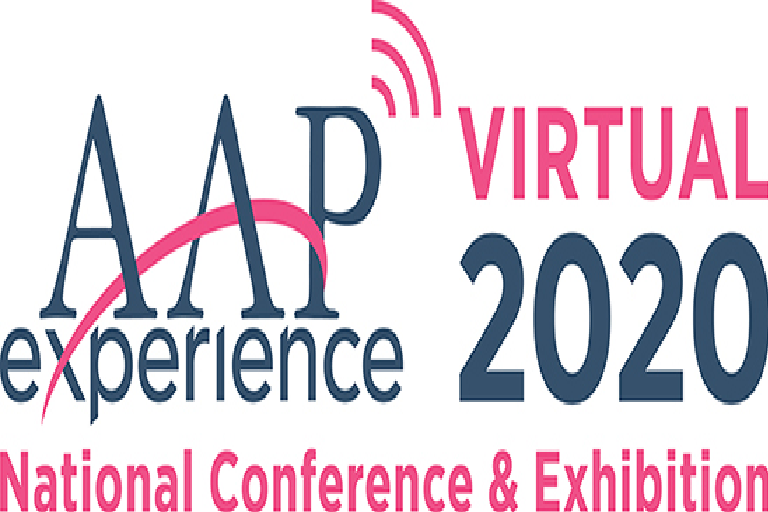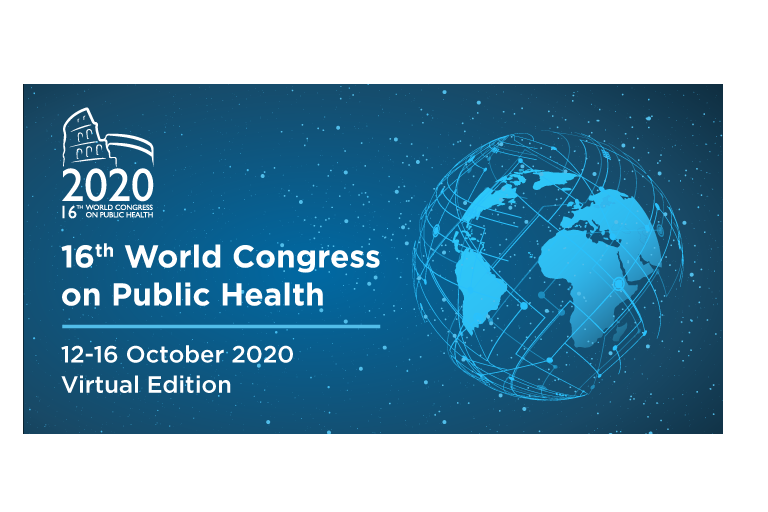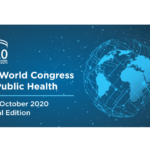University of Illinois Cancer Center Adopts Pangaea’s AI Platform to Identify Social Drivers of Health
Pangaea’s platform has identified 18 social determinants of health with 94.7% accuracy.
South San Francisco, London, Chicago, November 10, 2025 — Pangaea Data, a leading AI-driven healthtech company, has released new research showing how AI can uncover social factors influencing health from patient records, providing clinicians with deeper insights and improving patient outcomes.
In partnership with the University of Illinois Chicago (UIC) Cancer Center, Pangaea demonstrated that its advanced AI platform can accurately identify social drivers of health (SDOH) often hidden within electronic health records (EHRs). Analyzing 757,757 clinical notes from 5,585 urologic cancer patients, the platform detected SDOH features in all available records—covering 80% of the total population—and extracted around 767,000 distinct signals with an average accuracy of 94.7%. The most common factors included health literacy (96.7%), substance use history (93.2%), mood or affective disorders (81.5%), and language barriers (50.1%).
Transforming unstructured clinical notes into actionable health equity insights
Physicians have long understood that non-medical factors—such as housing instability, transportation challenges, neighborhood violence, and language barriers—can significantly affect health outcomes. However, these elements are rarely represented in structured health data. In this study, clinicians, researchers, and computational experts from UIC collaborated with Pangaea to design and assess an AI model capable of extracting SDOH insights from patient medical records, including social worker notes and care summaries.
By linking social determinants to treatment outcomes, the partnership enables clinicians and researchers to better understand how life circumstances and social conditions contribute to disease and to identify ways to reduce disparities in care.
Importantly, the research was conducted with strong privacy safeguards. The UIC Cancer Center’s Director of Oncology Informatics, together with the university’s Advanced Cyberinfrastructure for Education and Research, developed a secure computing framework that allows AI-driven analysis without revealing identifiable patient data—establishing a model for future studies involving AI and sensitive information.
From cancer care centers to broader health system impact
This work supports a proactive approach to achieving equitable healthcare. By analyzing population-level data, Pangaea gains deeper insights into the underlying SDOH factors driving health disparities in patient care. Furthermore, applying this approach at the point of care enables clinicians to identify patients who might otherwise be overlooked for guideline-based treatment, ensuring they receive equitable and optimal care that leads to improved health outcomes.
Vibhor Gupta, PhD, founder and CEO of Pangaea Data, stated: “At Pangaea Data, our mission is to empower clinicians and researchers by uncovering the valuable insights hidden within patient records and clinical notes. Our collaboration with the University of Illinois Cancer Center demonstrates how our AI technology can illuminate the social and clinical factors that truly influence patient outcomes. By blending human expertise with AI-driven insights, we aim to help health systems deliver care that is more equitable, efficient, and compassionate—at scale.”
VK Gadi, MD, PhD, deputy director and assistant professor of Medical Oncology at the UIC Cancer Center, said: “Pangaea Data’s AI platform is enabling the automatic extraction of vital insights long buried within electronic health records, revealing both clinical and social factors that drive health inequities. This approach helps ensure patients receive care aligned with clinical guidelines, resulting in better outcomes, reduced clinician workload, and a lighter burden on healthcare systems.”
Contact: pr@pangaeadata.ai

























